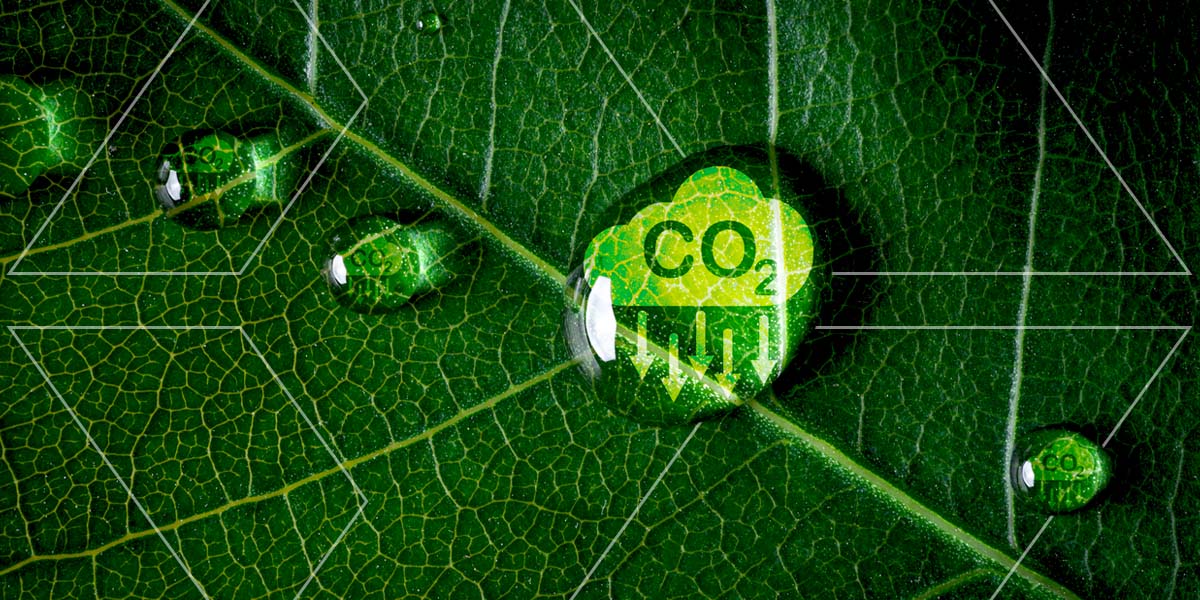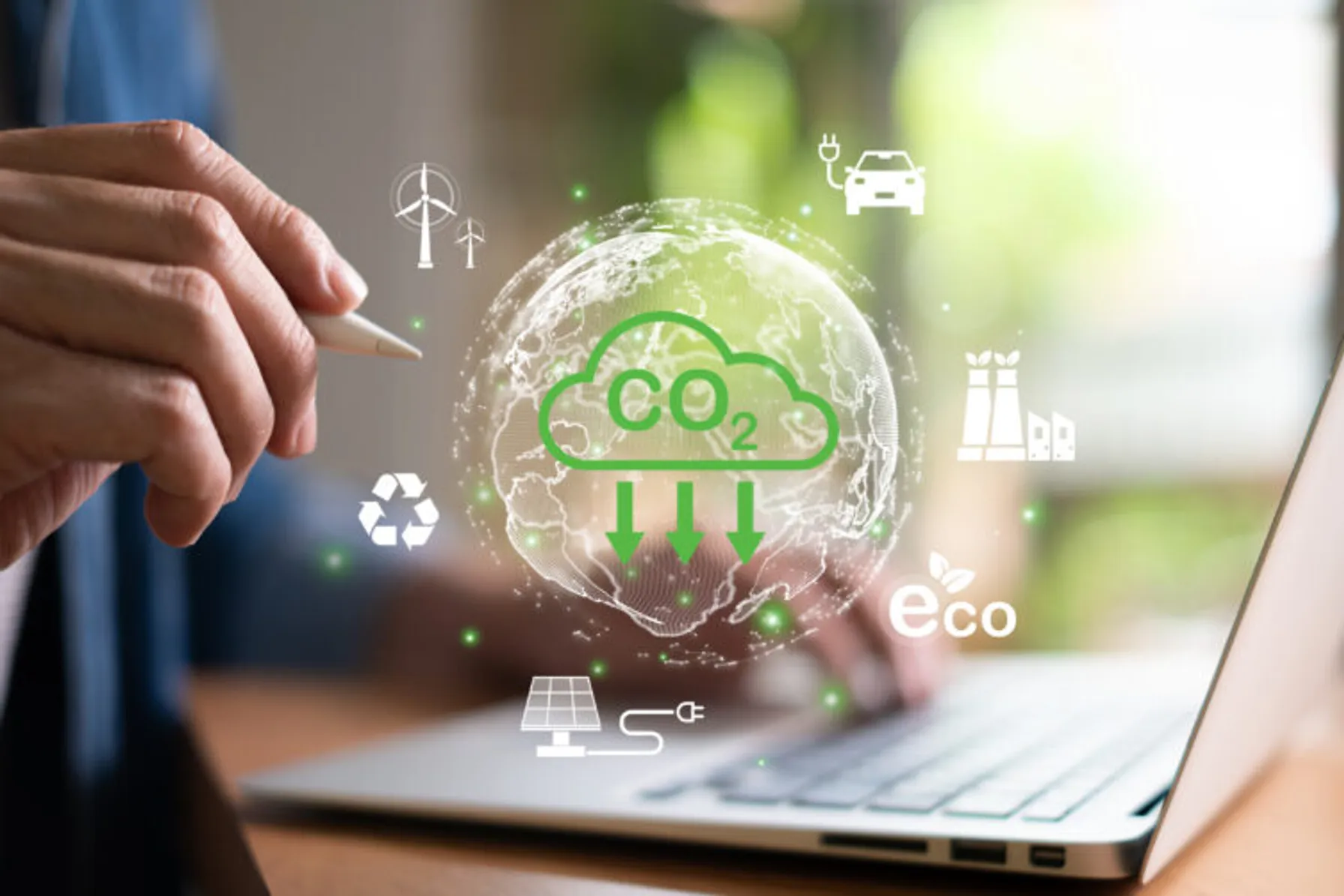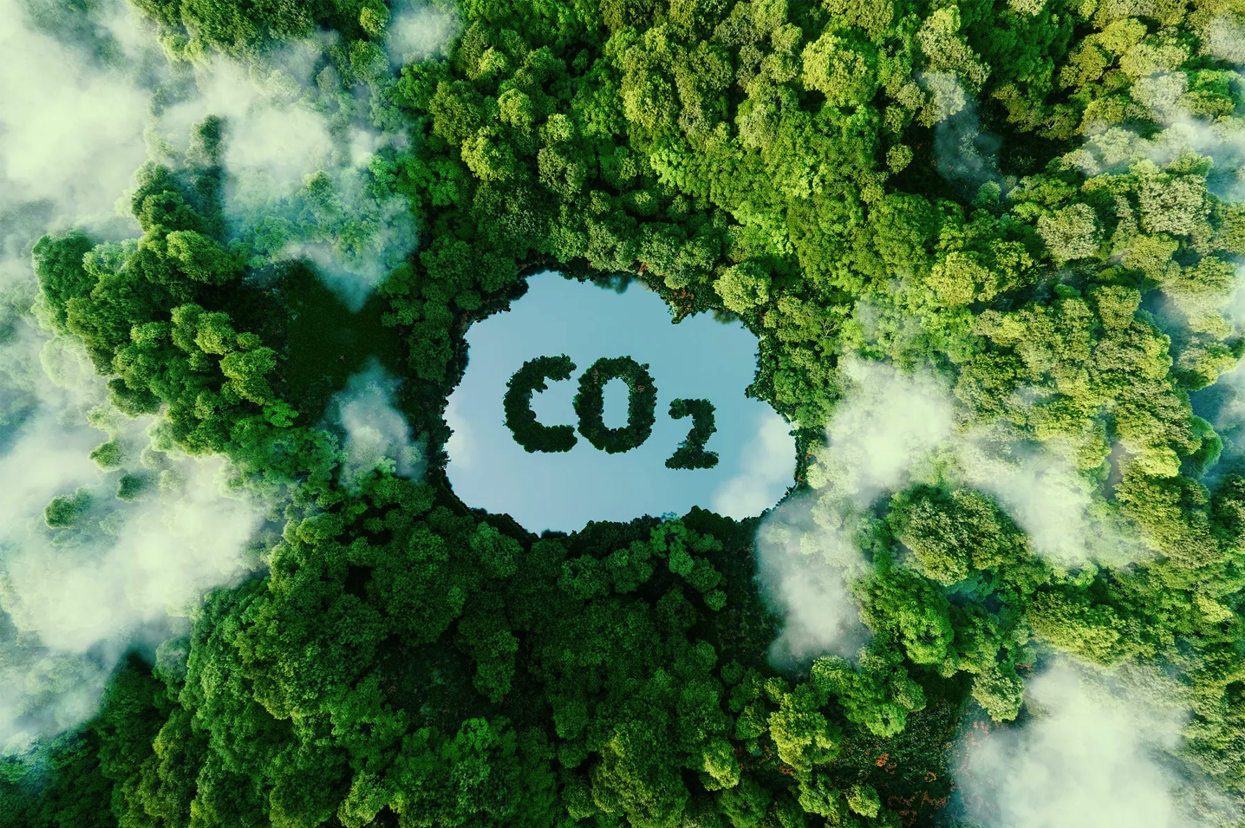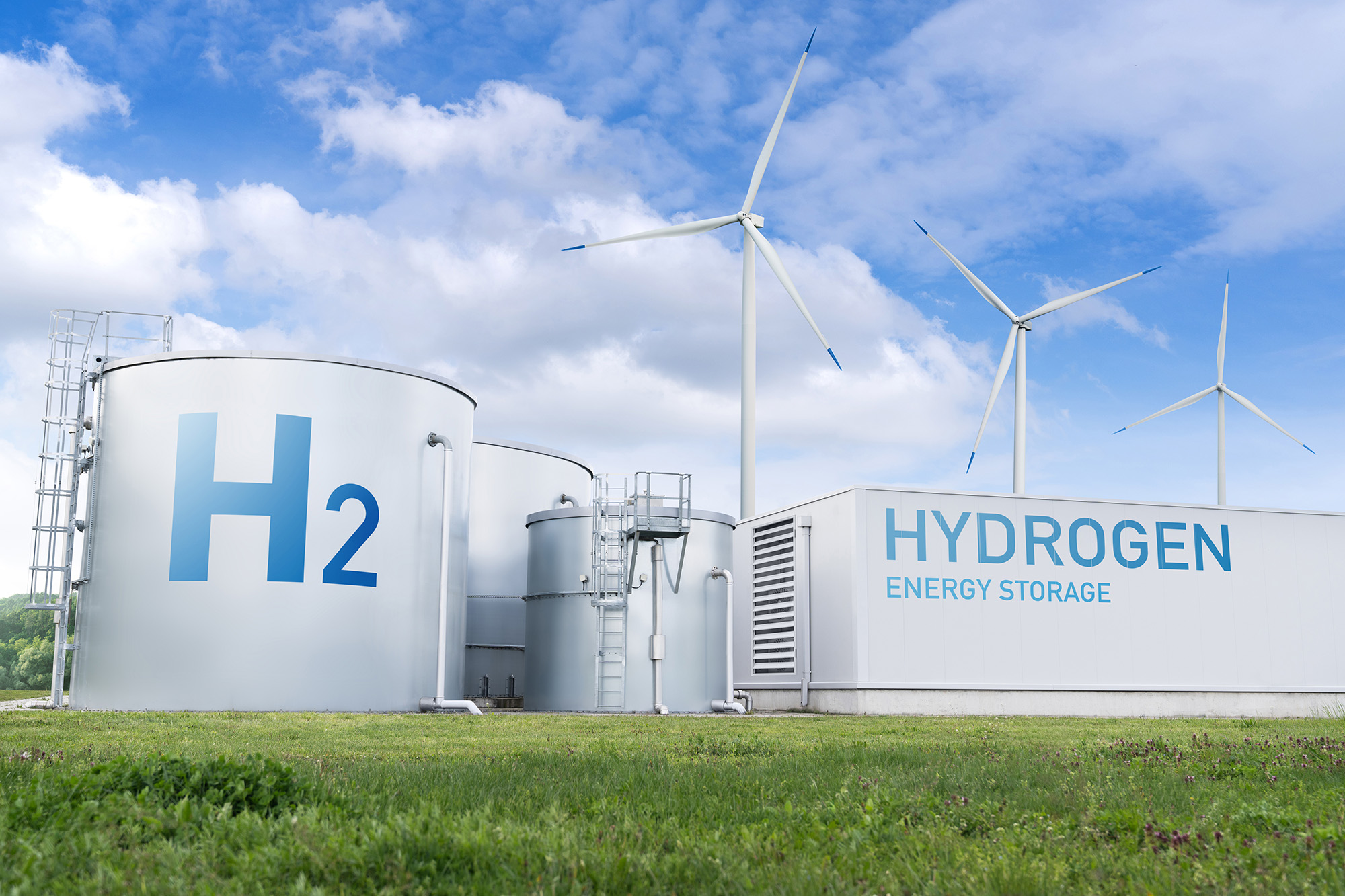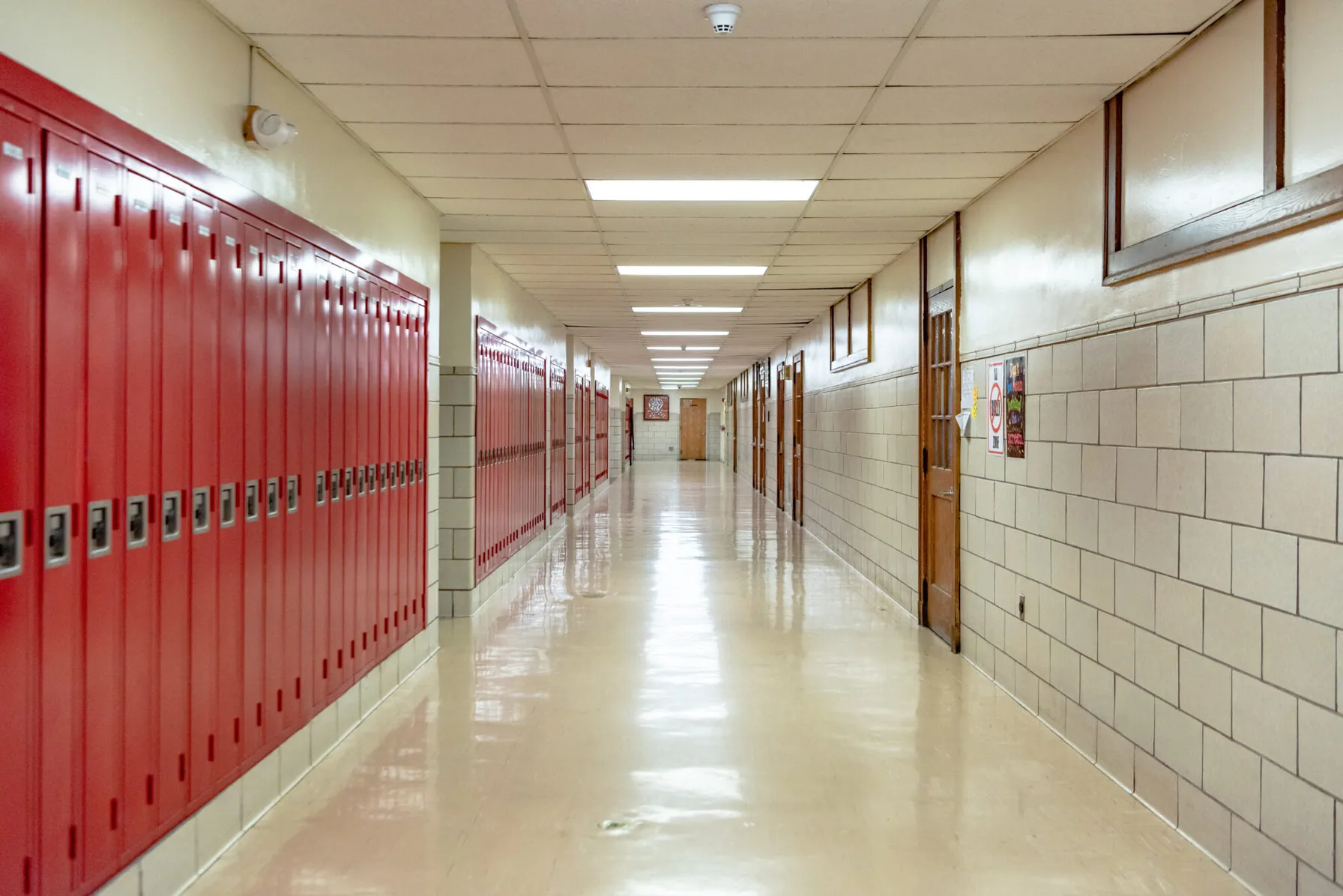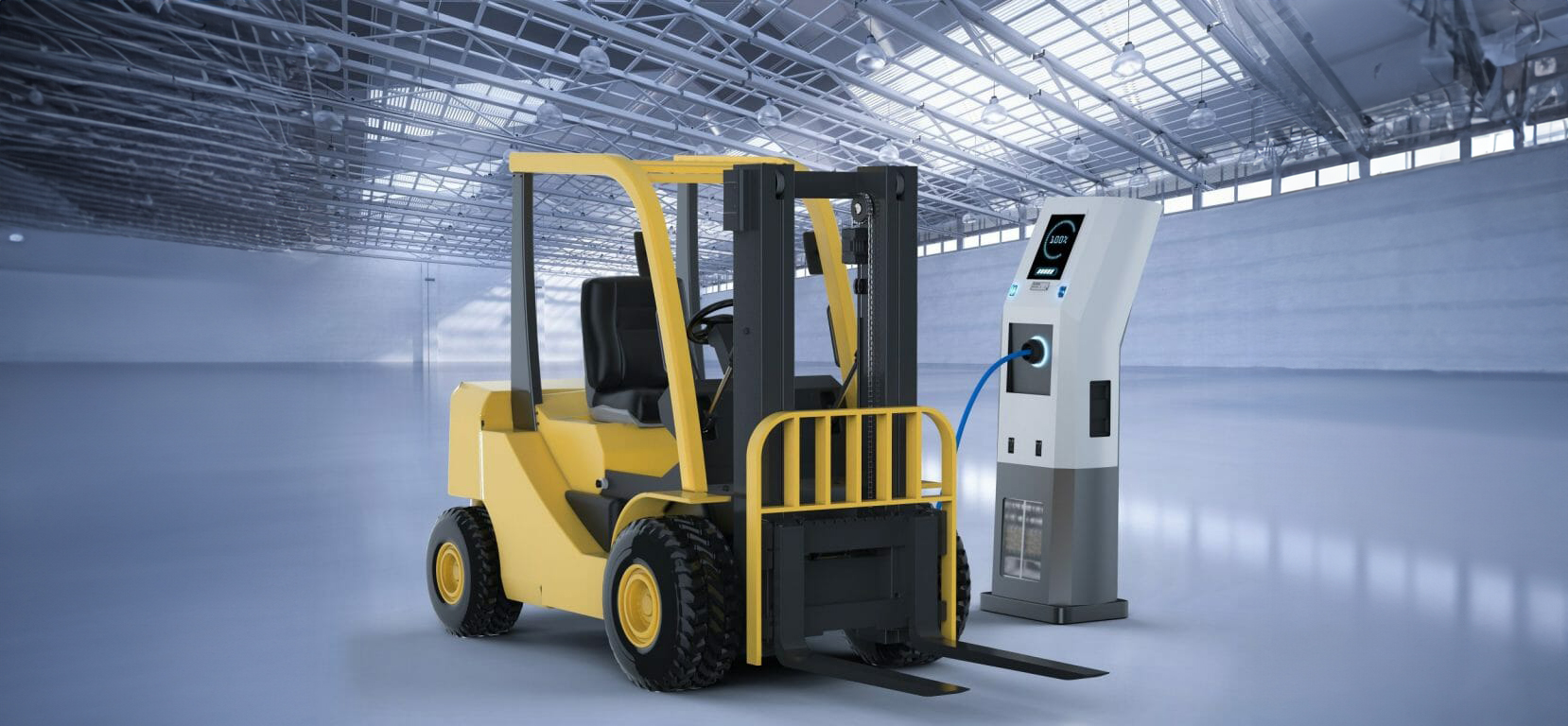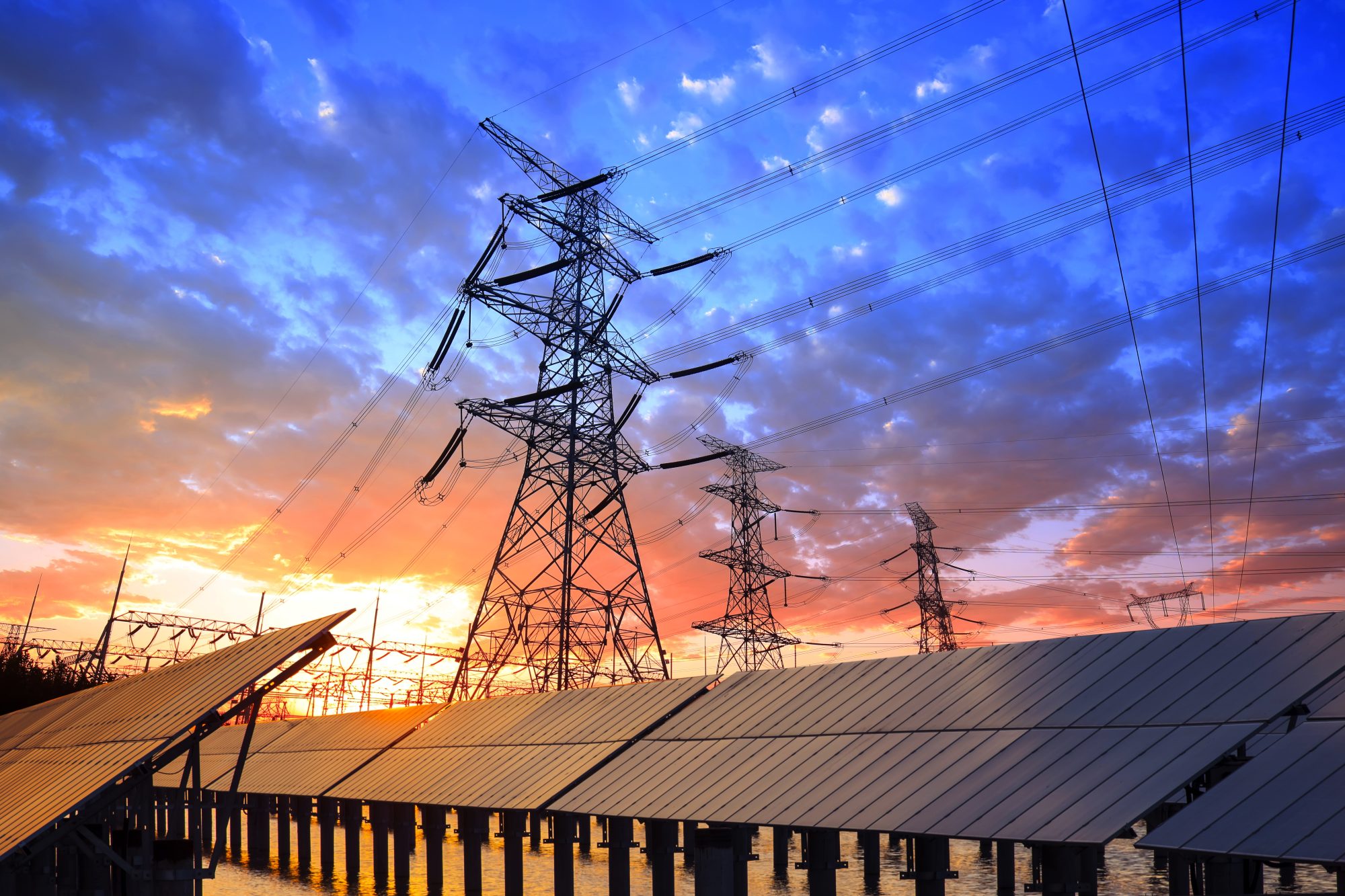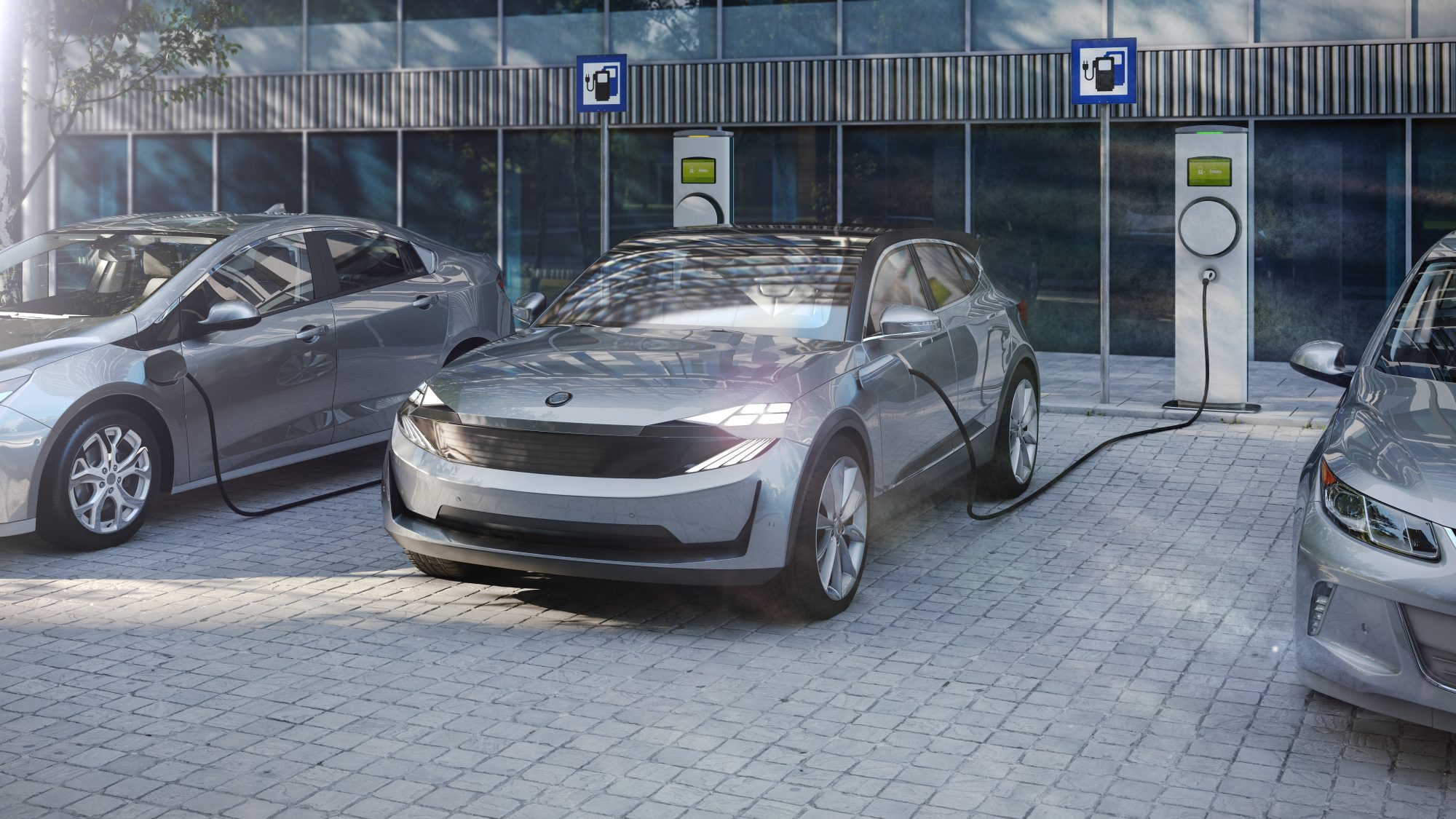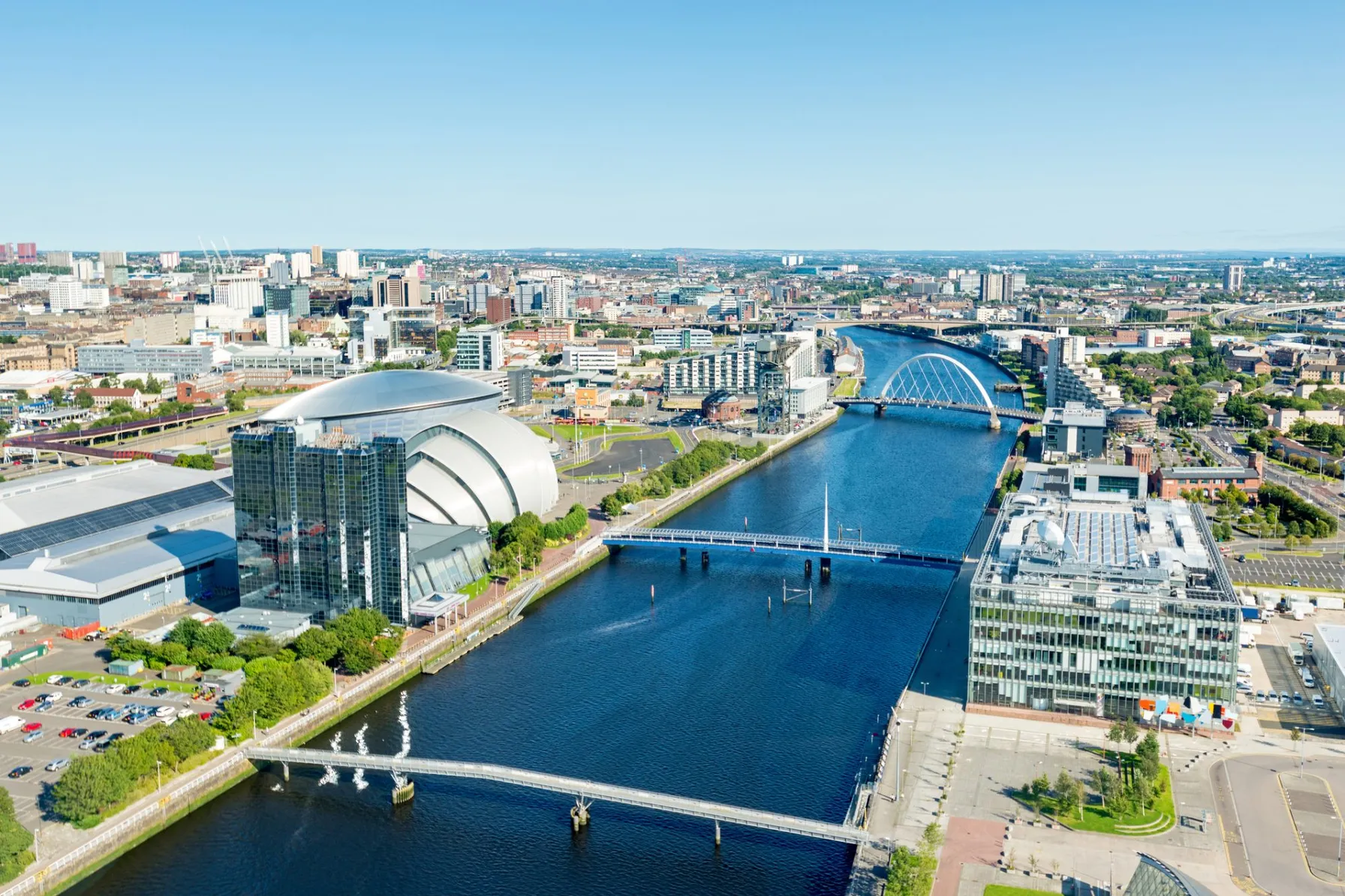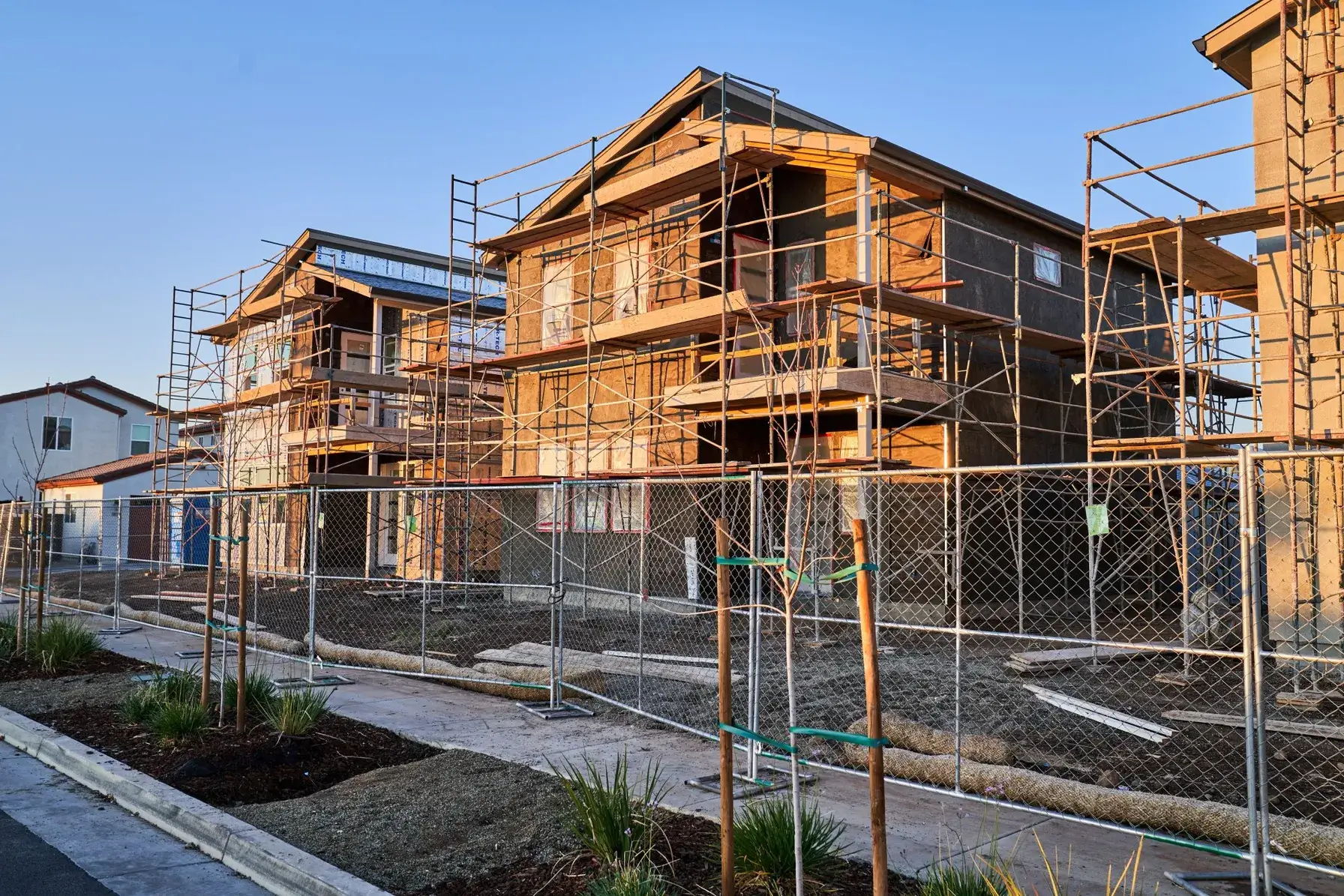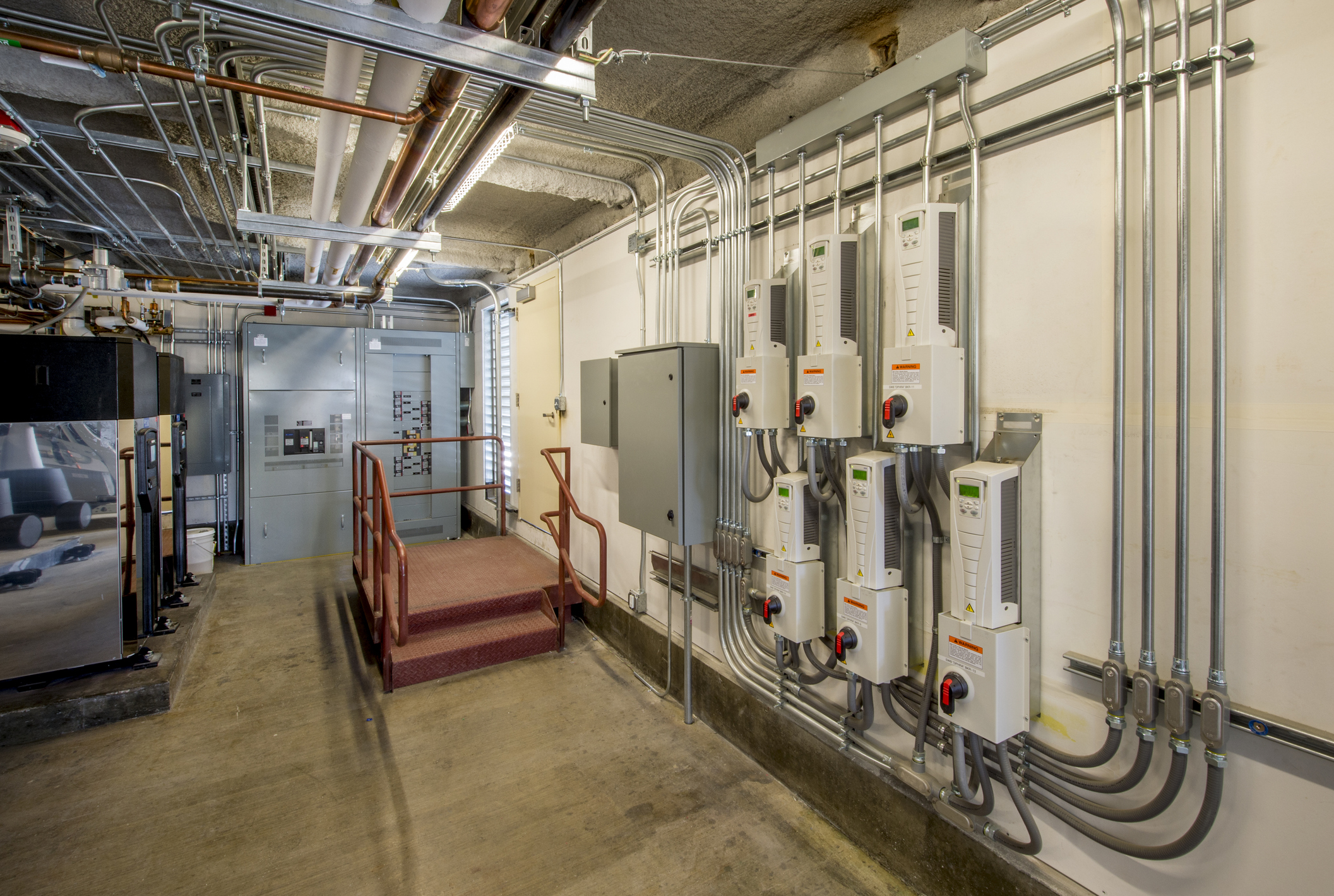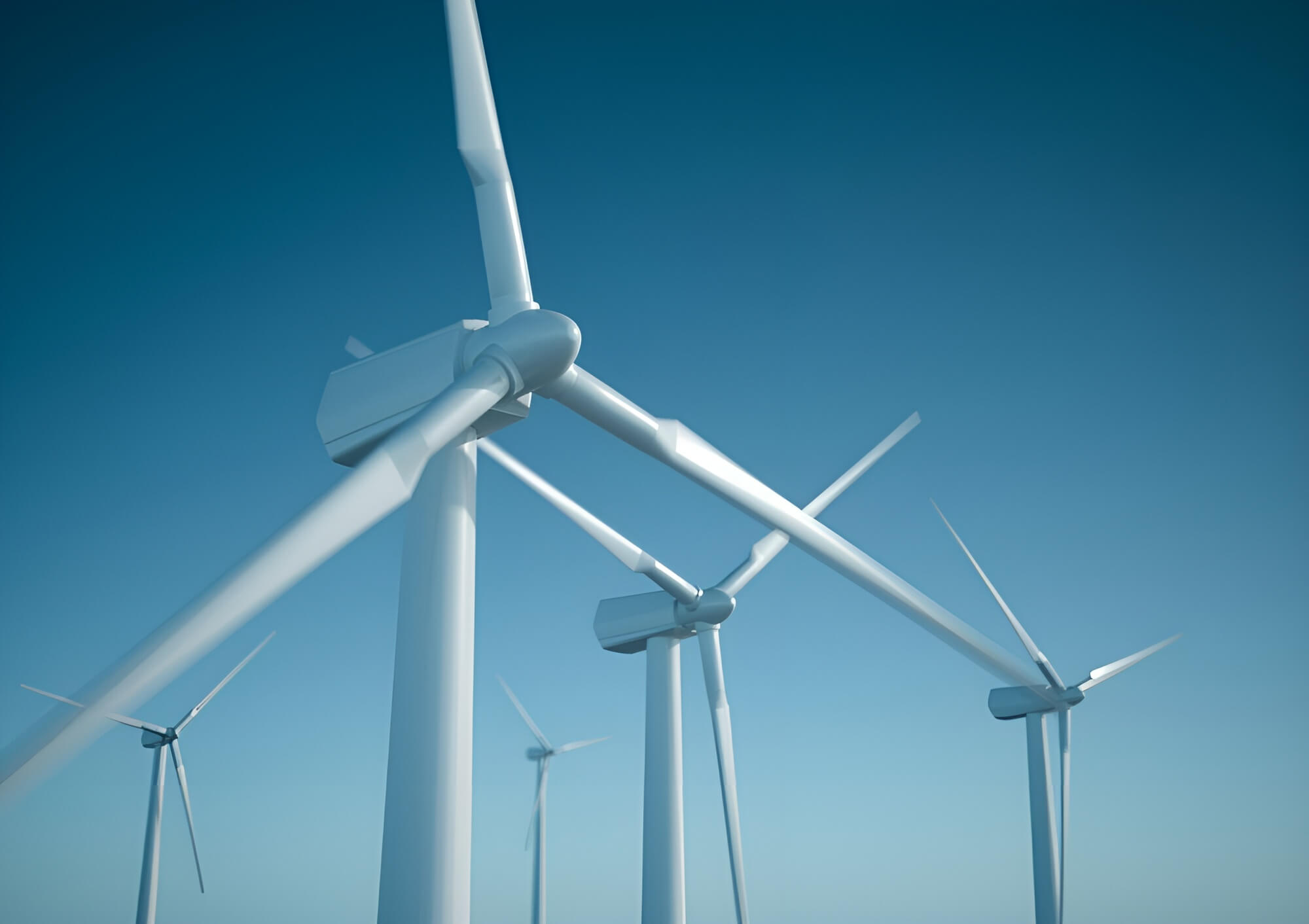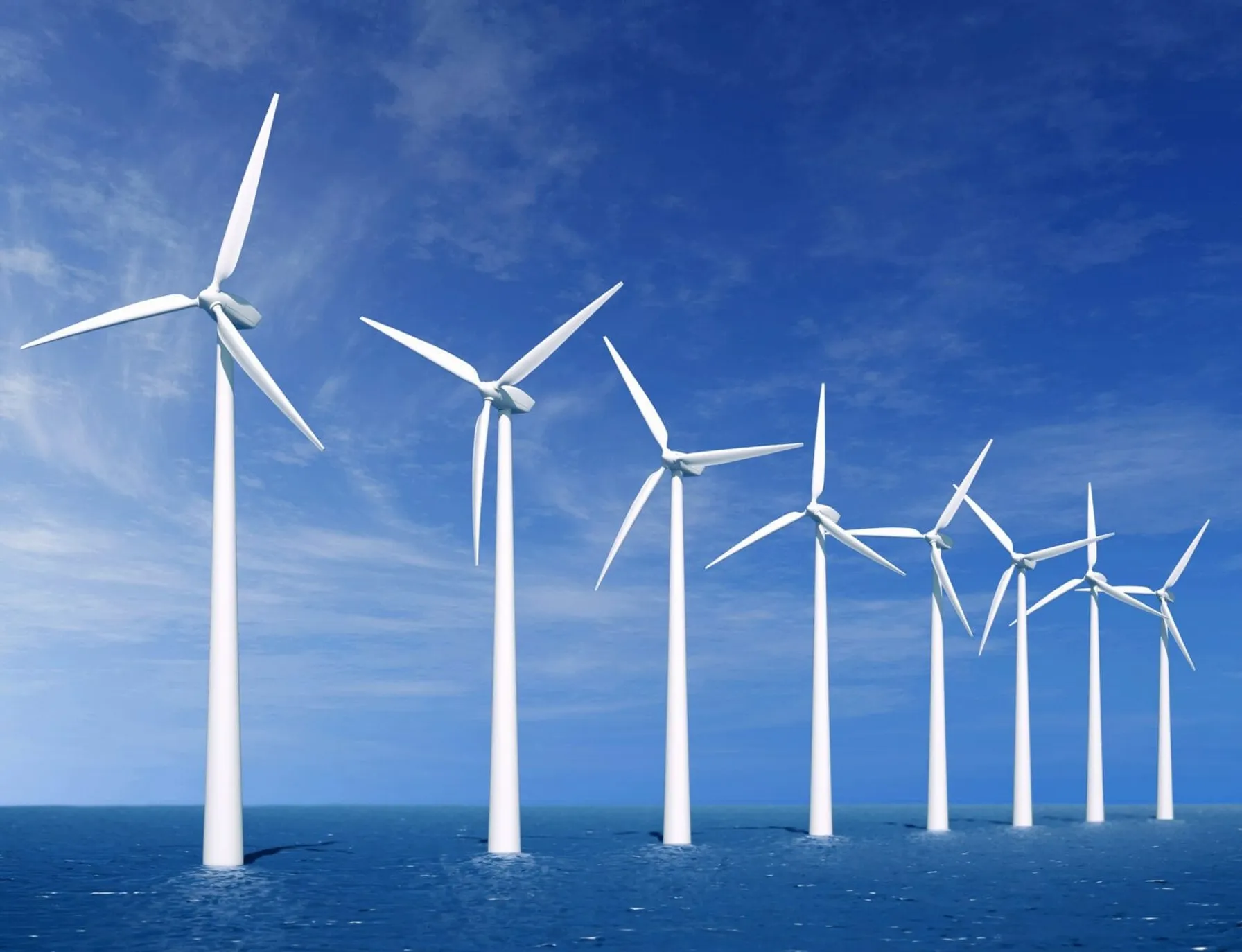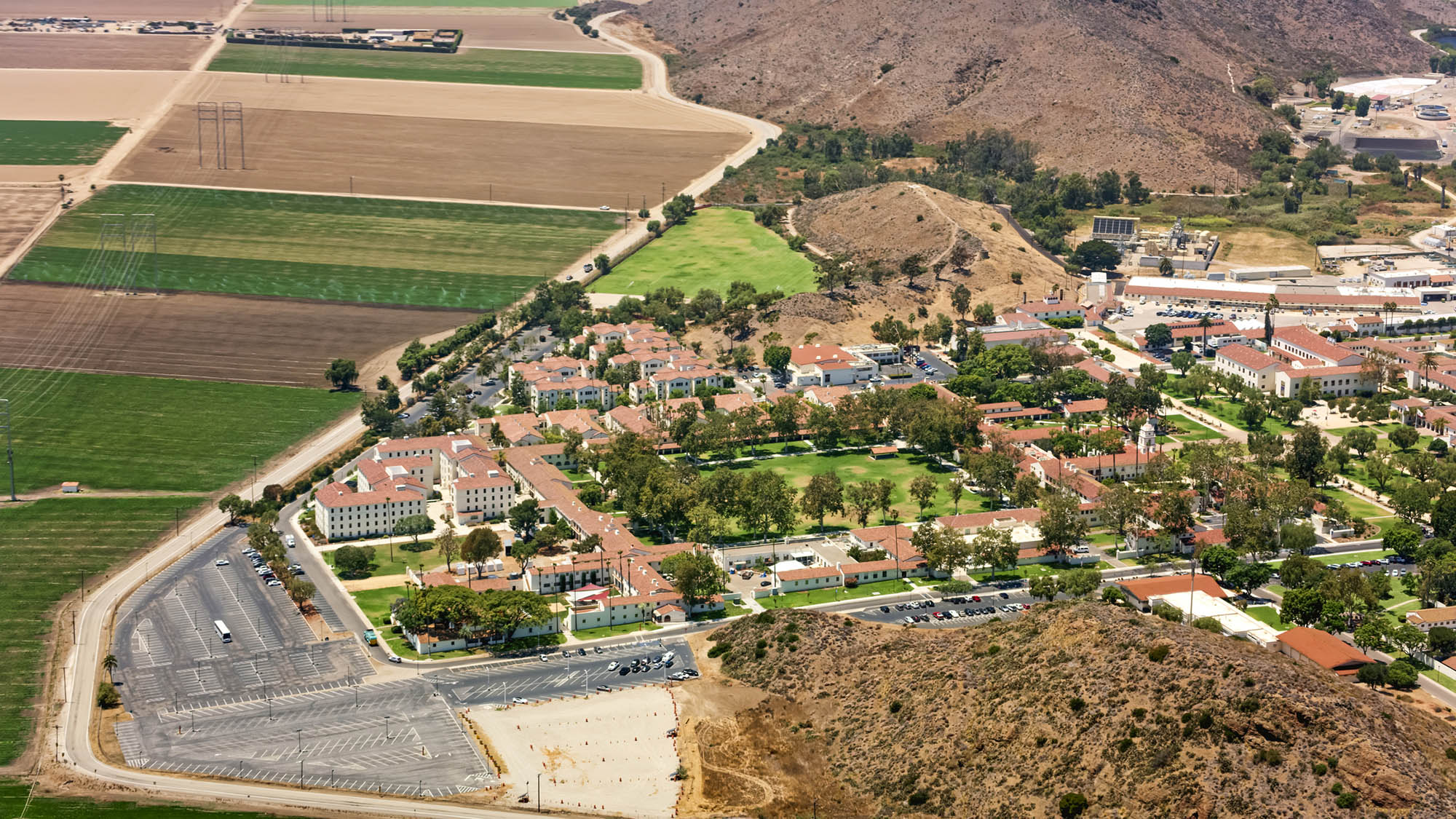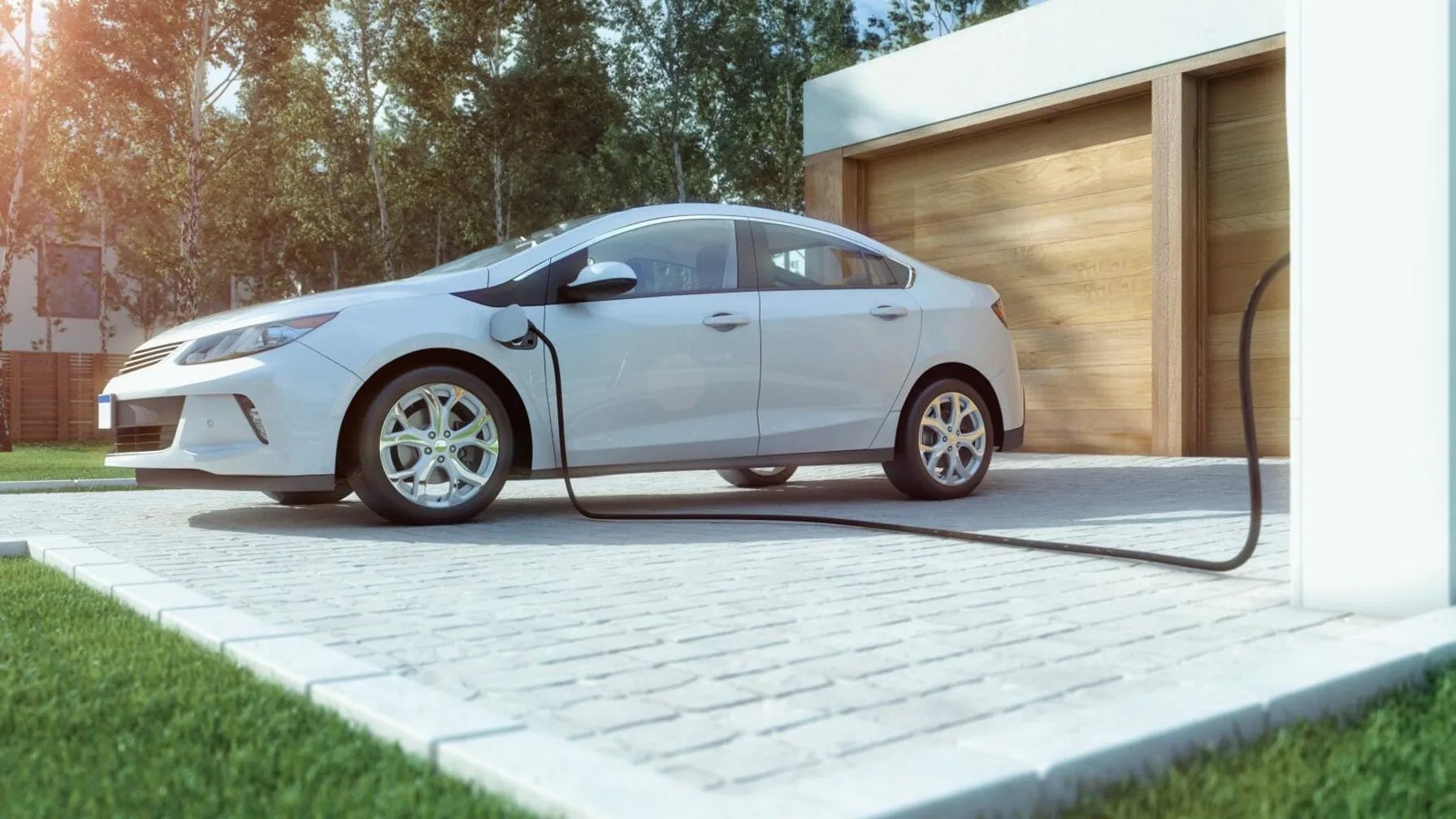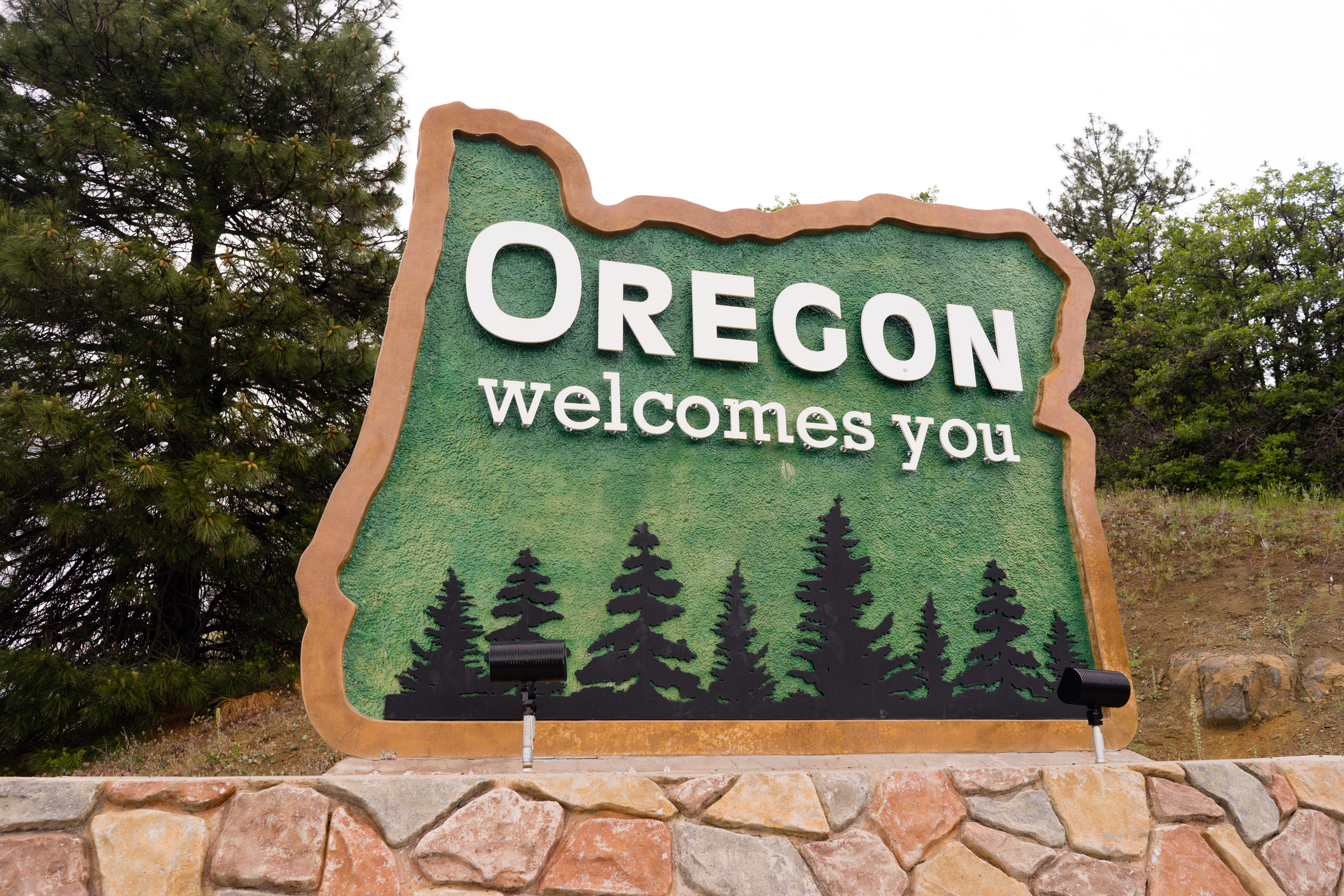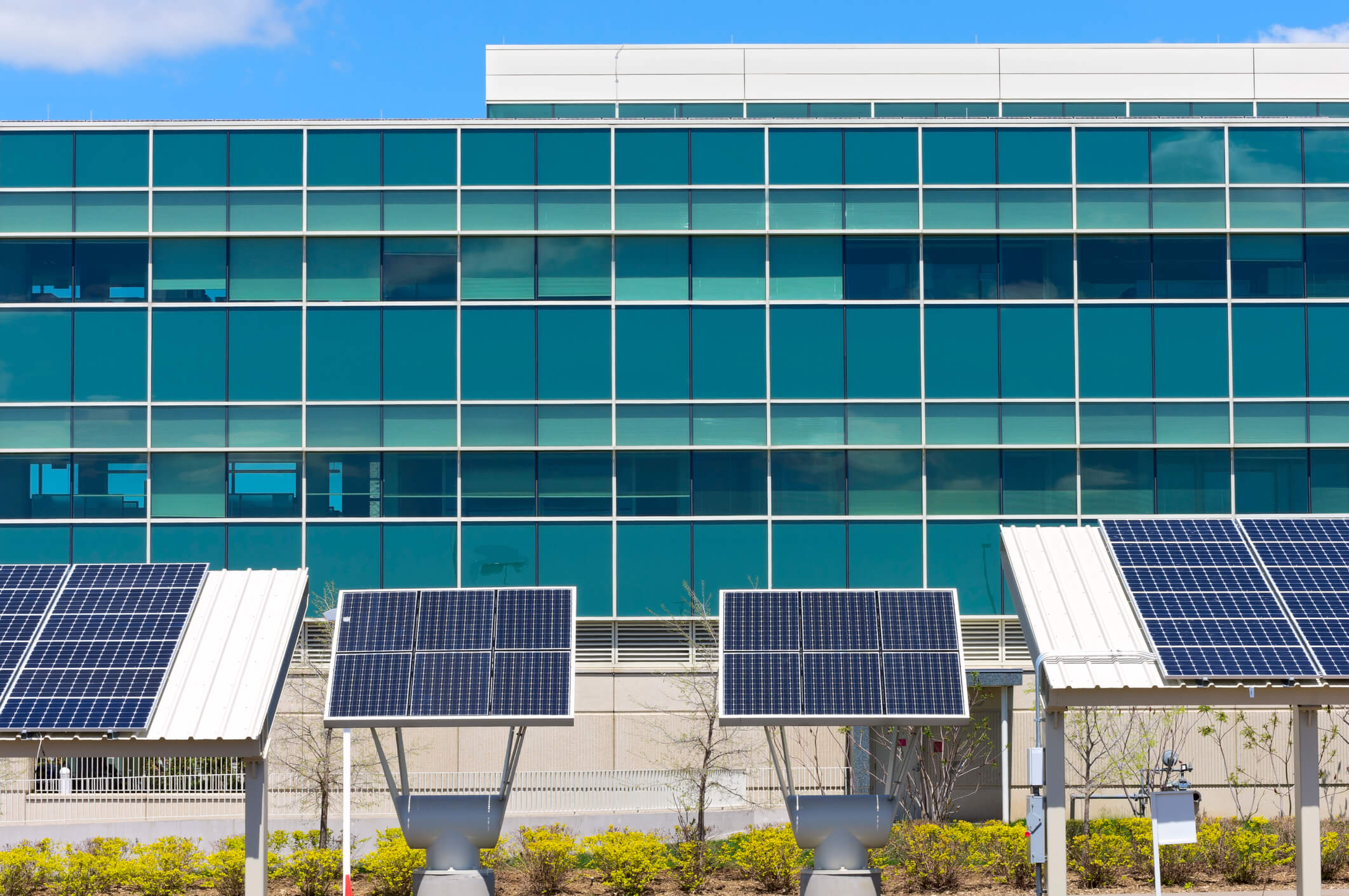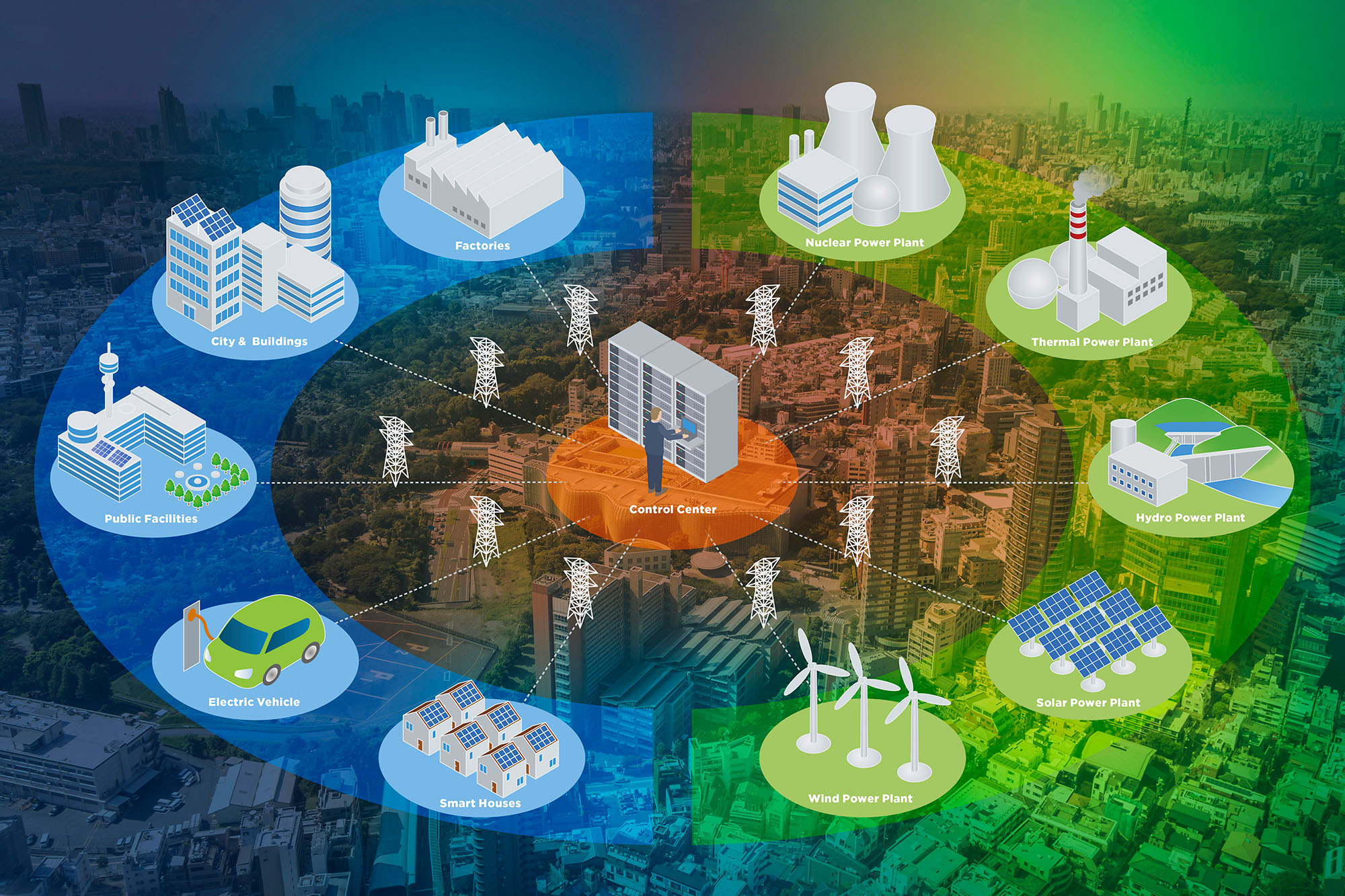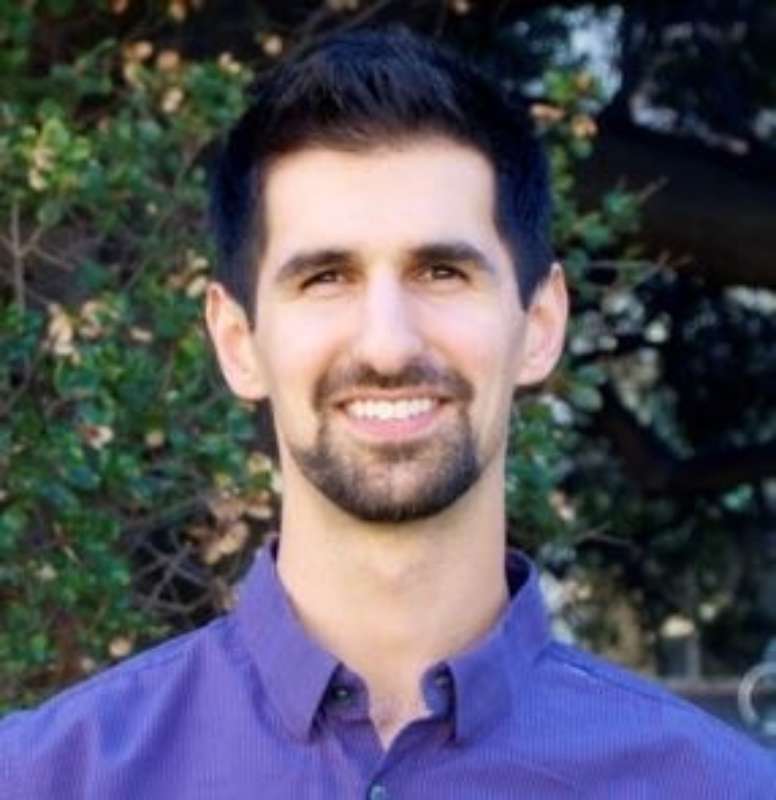Stakeholder outreach through public workshops and meetings to educate and solicit feedback from
different audiences
Planning for Carbon Neutrality
As California marches towards bold climate objectives, local communities are becoming leaders in this initiative – adopting and implementing building “reach codes” that require lower emissions than the state. TRC is partnering with cities, utilities, and community choice aggregators across California to set reach code goals, gain community support, and demonstrate cost effectiveness.
California has passed landmark directives over the last several years to drive carbon neutrality by 2045 and reduce greenhouse gas emissions from vehicles and buildings. These directives have motivated local cities and counties to meet their climate action goals and prompted two community choice aggregators (CCAs) Peninsula Clean Energy (PCE) and Silicon Valley Clean Energy (SVCE) to provide resources that help communities deliver on these goals.
Related Services
Resources for CCA Members
PCE and SVCE launched a trailblazing Joint Electrification Reach Code Initiative in 2018, which is featured in a case study published by the California Public Utilities Commission (CPUC). The Initiative provides support to the CCAs’ 34 member agencies (city and county governments) as they consider and adopt new building electrification and electric vehicle infrastructure codes that exceed codes required by the state. These “reach” codes represent an important, local pathway towards statewide decarbonization.
PCE and SVCE provided comprehensive resources to cities and counties in five phases.
To help local jurisdictions with code development and technical considerations, PCE and SVCE selected TRC as the lead consultant for the Initiative given our considerable experience with statewide code development, cost-effectiveness, and work with local government reach code adoption. As the Project Manager for this effort and on behalf of the TRC team, we have been thrilled to work with PCE and SVCE on their breakthrough Initiative. While individual cities had previously considered reach codes, a coordinated and large-scale regional effort like this had never been attempted and the Initiative presents a unique opportunity to catalyze decarbonization policy throughout California.
The primary strategy for decarbonization in the reach codes has been electrification of building appliances and vehicles. The Initiative team demonstrated how building all-electric new construction can be cost effective compared to buildings that incorporate fossil fuel infrastructure. The model codes strive for equitable access to electric vehicle charging by promoting requirements that 100% of dwelling units with parking, even in multifamily buildings, have plug-and-play electric-vehicle charging infrastructure installed. TRC coordinated with several stakeholders, including market-rate and affordable housing developers, to iteratively improve the model codes and other services provided to municipalities across the region.
Model reach codes for building electrification and electric vehicle charging; demonstrate reach code technical feasibility and cost-effectiveness
Stakeholder discussion of proposed reach code language and practical implementation
Support for city staff and elected officials to adopt jurisdiction reach codes, including tools, expertise, and grant funding
One-on-one technical assistance for local governments and developers to support code implementation

Seeing Decarbonization Success
The Initiative’s success can be seen in the number of PCE and SVCE member agencies that considered and ultimately adopted the reach codes. As of December 2021, 25 jurisdictions adopted codes that exceeded state standards, out of the 34 local governments in the CCAs’ territory.
Together, these communities represent over half of all cities and counties which have adopted building electrification reach codes to-date in California. Many of the resources developed by TRC, including templates and infographics developed for the CCAs, as well as in-depth cost-effectiveness studies developed for the statewide investor-owned utilities, have been leveraged by the cities throughout California to hasten reach code adoption.
Across the state, 52 cities have adopted reach codes, representing nearly 15% of the state’s population.
In terms of each jurisdiction’s individual accomplishments, many cities and counties adopted stronger codes than expected and even developed a friendly competition that spurred jurisdictions to collective action. “For three or four months, we were all competing with each other about what we were going to put before our councils and get adopted.” said Howard Miller, Mayor of Saratoga and SVCE board member, according to the CPUC case study. “My own city went farther than I expected I was pleasantly surprised and impressed.”
What’s Next for the Initiative?
PCE and SVCE’s Initiative sets a new precedent for CCAs and local jurisdictions to partner together in a unified regional effort to drive decarbonization through local reach codes. Today, the Initiative continues to provide resources for numerous jurisdictions still in the consideration phase as well as ongoing support to local government staff for code implementation and compliance. TRC is the lead contractor for the new phase of the Initiative for the 2022 code cycle. Because the 2022 the California Energy Code and Green Building Standards made great strides toward the stringency of the reach codes adopted by local jurisdictions, the 2022 reach codes strive for greater emissions reductions measures to restrict the use of fossil fuels in buildings and provide plug-and-play electric vehicle infrastructure.
Moreover, the Initiative has continued to expand its impact, with engagement from the building industry, state and regional energy programs, consultants like TRC, and advocates like the Building Decarbonization Coalition. Together, this group is providing technical assistance, roundtable discussions, and contractor training to support building decarbonization.
The case study published by the CPUC shares key insights and best practices from the Initiative, useful to those interested in adopting or promoting reach codes as a path to carbon reduction. For inquiries or more information on the Initiative, please contact Farhad Farahmand.





